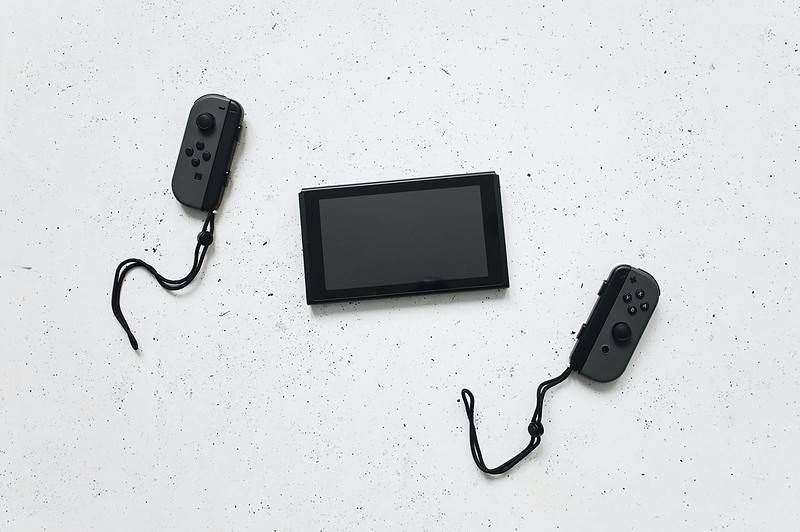One of the most stubborn stereotypes about the gaming industry is that it’s dominated by males. And, while this used to be true, a closer look at recent data and personal experiences from the gaming community dispels this notion, revealing a landscape where women are not just active players but enthusiastic game owners.
With increased female participation in gaming, it’s high time to address outdated stereotypes and work toward creating more inclusive spaces in the gaming industry.
Circana’s PlayerPulse, a comprehensive study of gaming trends and demographics, produced eye-opening statistics for the year. It shows that 47% of console gamers, 50% of PC gamers, and 54% of mobile gamers in the U.S. are women. The data further elaborates on the ownership of gaming platforms, indicating that women own 41% of PS5s, 45% of Xbox Series S and X consoles, and 52% of Switch consoles. This data effectively dismantles the stereotype of gaming as a male-dominated field, showing that women are equally, if not more, engaged in gaming across various platforms.
According to Circana's PlayerPulse, so far in the US during 2023:
47% of console video game players are female (+1% vs YA)
50% of PC video game players are female (+1% vs YA)
54% of mobile video game players are female (+1% vs YA)— Mat Piscatella (@MatPiscatella) June 9, 2023
Indeed, not only are women engaged in gaming, but anecdotal evidence suggests they might even be more adventurous in their game choices. Against the typical assumption that women only play casual games like Animal Crossing and The Sims, many female gamers delve into niche games.
From retro PS2 RPGs like Drakengard to complex franchises like Monster Hunter and Fire Emblem, female gamers are often more willing to explore diverse and unconventional gaming realms, enriching the gaming community with their varied interests.
However, despite the hard data and the real-life experiences supporting the presence of women in gaming, some reactions to this information are far from accepting. Skepticism and even hostility persist, with some gamers insisting that they rarely encounter female players online. These gamers typically attribute the statistics to skewed data, theorizing that mothers buying consoles for their sons may have inflated the numbers.

The truth is, these reactions expose the harsh reality of women in video games: many feel the need to remain anonymous or hide their identities due to the potential backlash or harassment. The notion that half of the 100+ million Switch owners – many of whom are women – are avoiding certain gamers isn’t far-fetched. The persistence of such reactions underlines the importance of acknowledging the prevalence of women in gaming and the need to foster respect and inclusivity within the gaming community.
Personal stories further support the prevalence of female gamers. Consider the anecdote of a retiree who started gaming during the pandemic, beginning with Animal Crossing on the Switch and eventually diving into a wide range of games like The Elder Scrolls V: Skyrim, Red Dead Redemption 2, and The Witcher 3: Wild Hunt.
It’s stories like this that help demonstrate that gaming knows no gender (nor age) boundaries and isn’t just limited to a hobby among boys and men.

The truth is, acknowledging the presence of women in gaming is only the first step. The industry and its community must strive for inclusivity and respect. Some gamers may reminisce about the ’90s, when a girl who knew her way around a video game was an exciting anomaly, not realizing that this mentality contributes to the problem.
Treating women as a “valuable aberration” is just another form of objectification and exclusion. Instead, the community has to work towards normalizing the presence of women in gaming without fetishizing or marginalizing them.
The narrative needs to shift from women gamers being an exception to being an integral part of the community. This shift requires dismantling harmful attitudes like the “no girls allowed” philosophy or the obsessive desire among men to have a “gamer girlfriend.” These behaviors contribute to an environment where women feel uncomfortable and unwelcome, hindering their full participation in gaming spaces.

The rise of women in gaming is not a phenomenon to be questioned or dismissed. Instead, it should be celebrated as an indicator of a more diverse, inclusive, and vibrant gaming community. As we step back from the culture-war rhetoric and capitalist gatekeeping, it’s clear that gaming is a universal pastime that transcends gender boundaries. It’s time to start treating women gamers as what they are: equally passionate, skilled, and valuable members of the gaming community.

